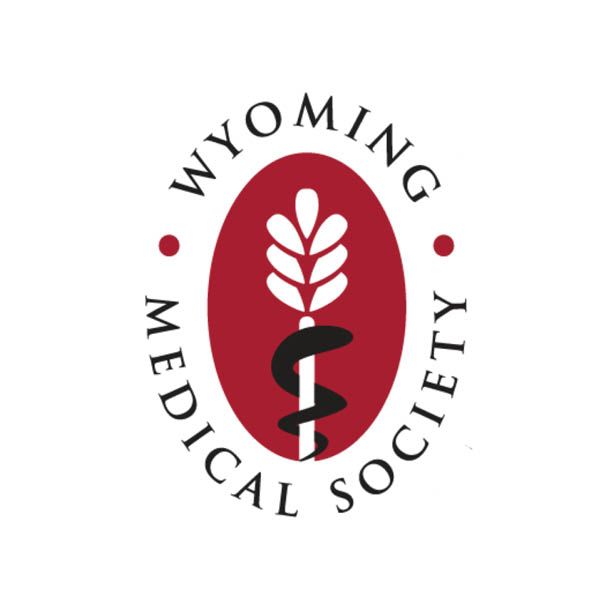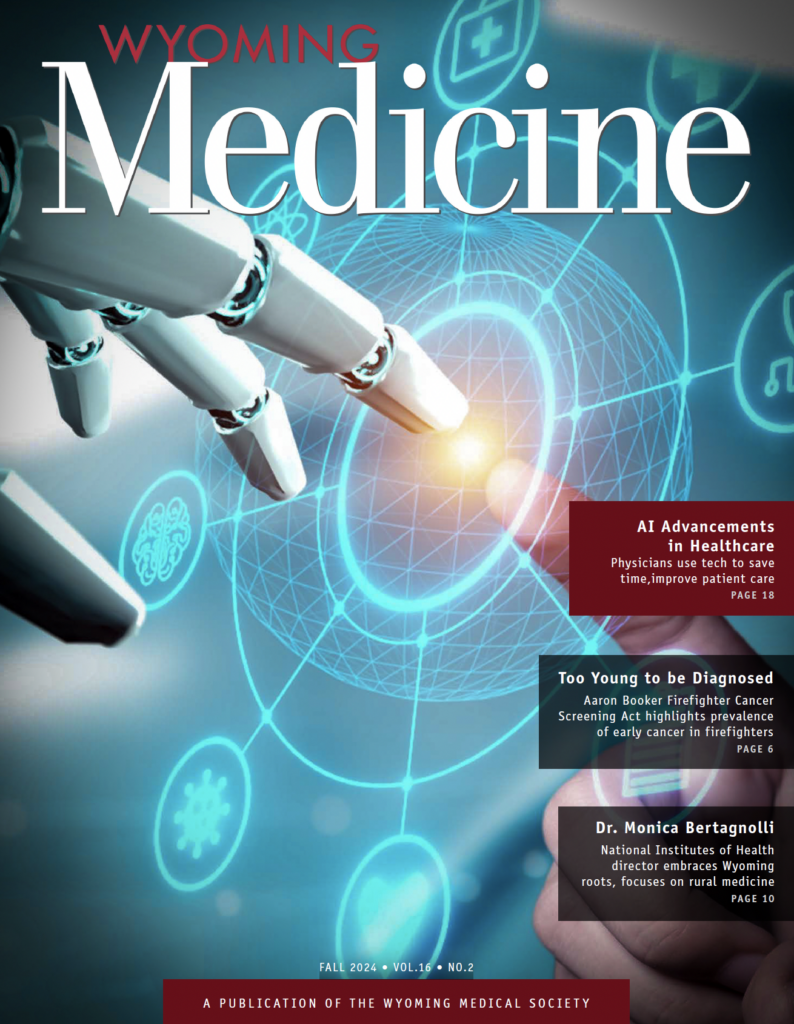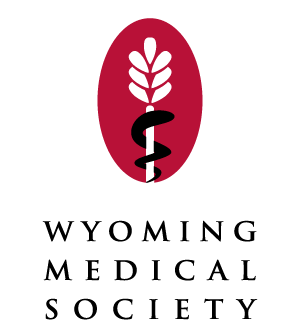
Five Key Concerns of Medical Professionals Post-Roe
Five Key Concerns of Medical Professionals Post-Roe
Content provided by The Doctors Company
Jackson, which overturned Roe v. Wade, state restrictions are colliding with clinical judgment in ways unfamiliar to
many medical professionals. Physicians and other healthcare providers are facing confusion and concern about how recent legal shifts affect them and their patients.
In this volatile legal landscape, The Doctors Company has gathered experts to present frontline clinician perspectives and to discuss approaches to medical providers’ shared dilemmas. During a recent discussion with three prominent OB/GYNs about the pressure that the Dobbs decision has placed on clinicians, five top concerns emerged:
1. Telemedicine, Patient Access, and Legal Issues
Daniel Grossman, MD, of the University of California, San Francisco, proposes that in states where prescribing for medication abortions via telemedicine has become a standard of care, offering telemedicine appointments to the appropriate patients could increase clinic capacity to serve patients who must travel for care. Sheila Dejbakhsh, MD, MPH, speaking from Orange Coast Women’s Medical Group in Southern California, made a similar point, noting that offering telemedicine pre-procedure and post-procedure consultations for some patients helps those patients minimize time away from work and family.
2. Healthcare Access Inequities
Increasingly, patients who travel for care must cover enormous distances. A patient in Houston, Texas, who needs access to a first-trimester abortion is now looking at a 700-mile drive, roughly nine-and-a-half hours each way, to Wichita, Kansas, as their closest care option. If that clinic is booked, then the next-closest option is 800-plus miles away. These vast distances impose cost and time burdens, the brunt of which will be borne by patients who are already economically struggling. Though we sometimes turn to telehealth to overcome physical distance, Ghazaleh Moayedi, DO, MPH, speaking from Pegasus Health Justice Center in Texas, points out that even when telehealth is an appropriate option, it may be the most marginalized patients who have least access to it.
3. A Critical Shortage of Training Venues
“I work at a training institution,” Dr. Grossman says, “and I’m really concerned about, particularly, the OB/GYN residents, for whom abortion training is mandatory.” However, training venues are in increasingly short supply, and are wildly insufficient for OB/GYN trainees already. Soon, it may be that only roughly half of OB/GYN residents have access to this required training.
4. Emergencies and the Risks of Delayed Care
All healthcare providers know that, as Dr. Moayedi says, “Nobody’s body read the textbook.” There is no standard medical definition of “emergency.” Yet laws restricting abortion access may not reflect this complex reality, and can seem to expect people’s bodies to follow a simple course.
5. Finding the Physician Voice
All panelists recognized that clinicians are generally snowed under by their daily work with patients. Still, during this high-stakes period, as organizational conversations unfold at institutions around the country, Dr. Dejbakhsh says, “It is very important that we take a more active role in stepping up.” Along those lines, Dr. Moayedi emphasizes the clinical expertise that physicians bring to institutional planning.
Disclaimer
This web site is provided for educational and informational purposes only and does not constitute providing medical advice or professional services. The information provided should not be used for diagnosing or treating a health problem or disease, and those seeking personal medical advice should consult with a licensed physician. Always seek the advice of your doctor or other qualified health provider regarding a medical condition. Never disregard professional medical advice or delay in seeking it because of something you have read on the Wyoming Medical Society's website. If you think you may have a medical emergency, call 911 immediately. No physician-patient relationship is created by this web site or its use. Neither WMS nor its employees, nor any contributor to this web site, makes any representations, express or implied, with respect to the information provided herein or to its use.
WyoMed Blog






Browse Our Website
Contact Information
FAX: (307) 632-1973






